Udimax 300
✅ Dissolves gallstones
✅ Improves bile flow
✅ Protects liver cells
✅ Reduces cholesterol levels
✅ Prevents liver damage
Udimax 300 contains Ursodeoxycholic Acid.
Product Overview
Udimax 300 is a pharmaceutical formulation containing Ursodeoxycholic Acid as its active component. This bile acid derivative is clinically indicated for managing gallstone disorders and specific hepatic conditions. The therapeutic mechanism involves hepatic cholesterol suppression and bile cholesterol dissolution, effectively preventing gallstone formation. Available in oral tablet formulation, Udimax 300 is routinely prescribed by medical practitioners to enhance hepatic functionality and mitigate symptoms related to cholelithiasis.
Clinical Indications
Udimax 300 is indicated for:
– Non-surgical dissolution of radiolucent gallstones in appropriate candidates
– Management of primary biliary cholangitis
– Treatment of non-alcoholic steatohepatitis
– Prophylaxis against gallstone formation during rapid weight reduction regimens
The medication demonstrates efficacy in optimizing biliary flow and hepatic performance, thereby reducing potential complications associated with hepatobiliary pathologies.
Administration Guidelines
Administer Udimax 300 orally with meals, typically in divided doses (2-4 times daily) as prescribed. Tablets should be swallowed intact with adequate water. Avoid crushing or chewing to maintain pharmacological integrity. Therapeutic response for gallstone dissolution may require extended treatment duration (several months). Strict adherence to prescribed dosing regimens is essential for optimal clinical outcomes.
Mechanism of Action
The active constituent, Ursodeoxycholic Acid, exerts its therapeutic effects through:
– Hepatic cholesterol synthesis inhibition
– Enhanced cholesterol solubility in bile
– Promotion of cholesterol elimination
– Hepatoprotective activity
– Improvement of biliary flow dynamics
These pharmacological actions collectively prevent cholesterol crystallization and subsequent gallstone formation while supporting hepatic function.
Dosage Protocol
Dosage requirements are patient-specific, determined by:
– Clinical indication
– Disease severity
– Therapeutic response
– Patient tolerance
Standard dosing ranges from 10-15mg/kg/day, divided into multiple administrations. Maintain consistent dosing intervals. If a dose is missed, administer when remembered unless approaching the next scheduled dose. Never duplicate doses to compensate for missed administrations.
Therapeutic Advantages
Udimax 300 provides multiple clinical benefits:
– Effective gallstone dissolution
– Prevention of recurrent stone formation
– Reduction in biliary colic episodes
– Improvement in hepatic biochemical parameters
– Symptomatic relief (abdominal discomfort, pruritus, jaundice)
– Non-invasive therapeutic alternative to cholecystectomy
Adverse Effects
Common adverse reactions may include:
– Gastrointestinal disturbances (diarrhea, nausea, abdominal discomfort)
– Mild dermatological reactions
– Transient hepatic enzyme elevations
Serious but rare complications:
– Hypersensitivity manifestations
– Hepatotoxicity indicators
– Severe cutaneous reactions
Prompt medical attention is warranted for persistent or severe reactions, particularly jaundice, pruritus, or right upper quadrant pain.
Precautions and Contraindications
Clinical considerations:
– Comprehensive medical history review required
– Contraindicated in acute cholecystitis, biliary obstruction, or calcified gallstones
– Caution in hepatic impairment
– Alcohol consumption may exacerbate hepatotoxicity
– Pregnancy/lactation requires risk-benefit assessment
– Potential drug interactions (especially bile acid sequestrants)
Storage Conditions
Optimal storage parameters:
– Maintain at 15-30°C
– Protect from moisture and light
– Retain in original packaging
– Keep secured from pediatric access
– Avoid humid environments (bathrooms, kitchens)
– Properly dispose of expired medication
Medical Disclaimer
The provided information serves educational purposes only and does not constitute medical advice. While we strive for accuracy, this content should not replace professional medical consultation. Healthcare providers should be consulted for:
– Comprehensive risk assessments
– Individualized treatment plans
– Adverse event management
– Drug interaction evaluations
– Specific health concerns
This resource aims to supplement, not substitute, the essential physician-patient relationship. Always seek qualified medical guidance for health-related decisions.
| Strength | 300 mg |
|---|---|
| Quantity | 30 Tablet/s, 60 Tablet/s, 90 Tablet/s, 180 Tablet/s |
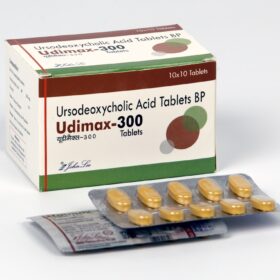 Udimax 300
Udimax 300









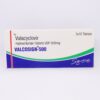
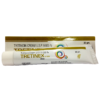
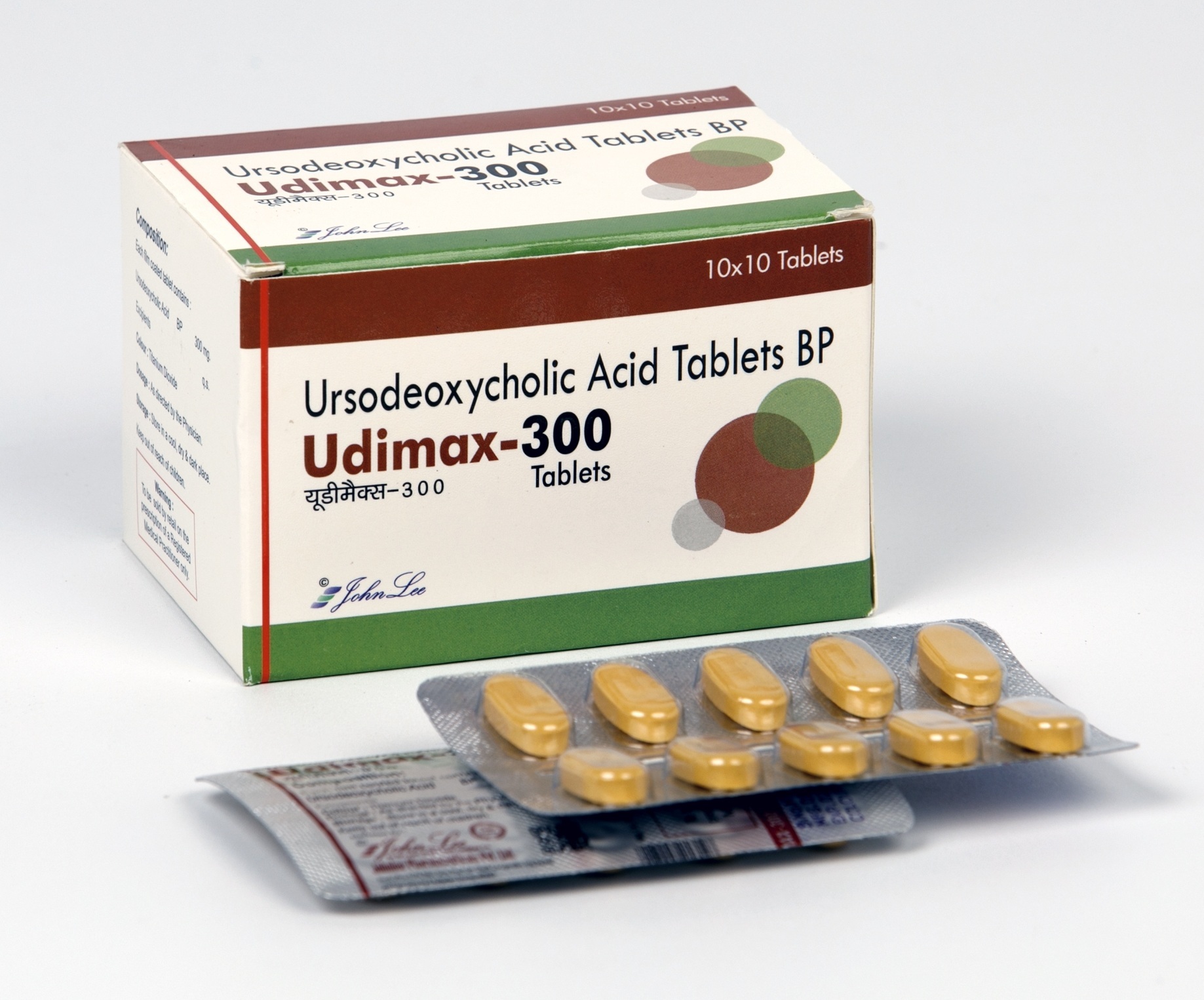
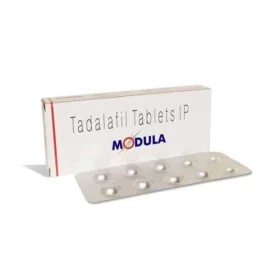
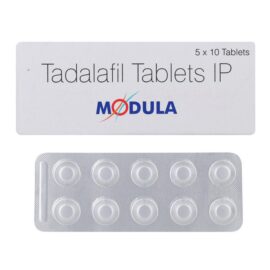
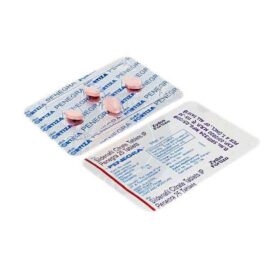
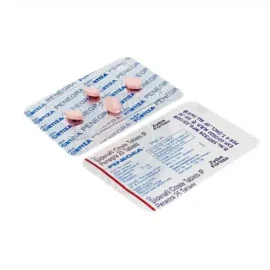




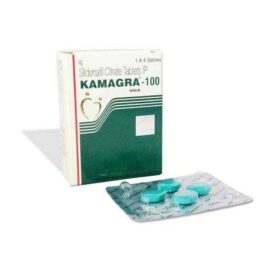
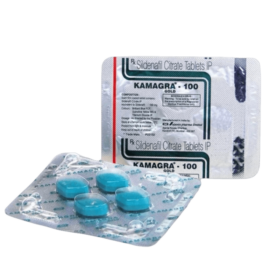
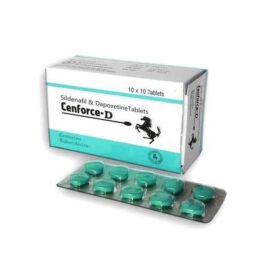
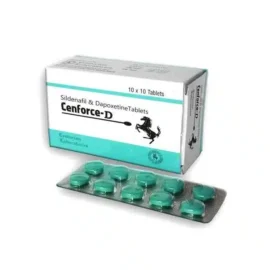
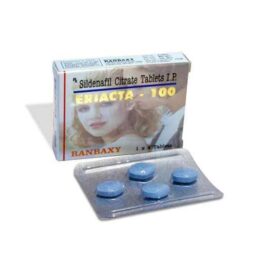



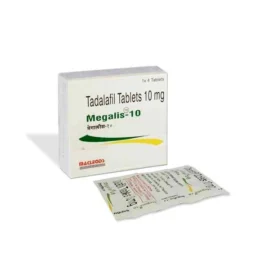
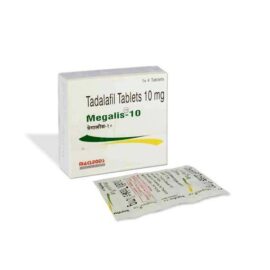

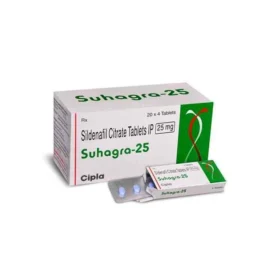
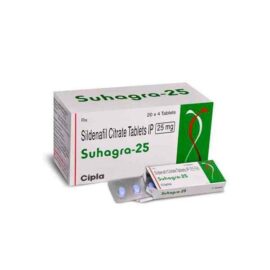


Reviews
There are no reviews yet